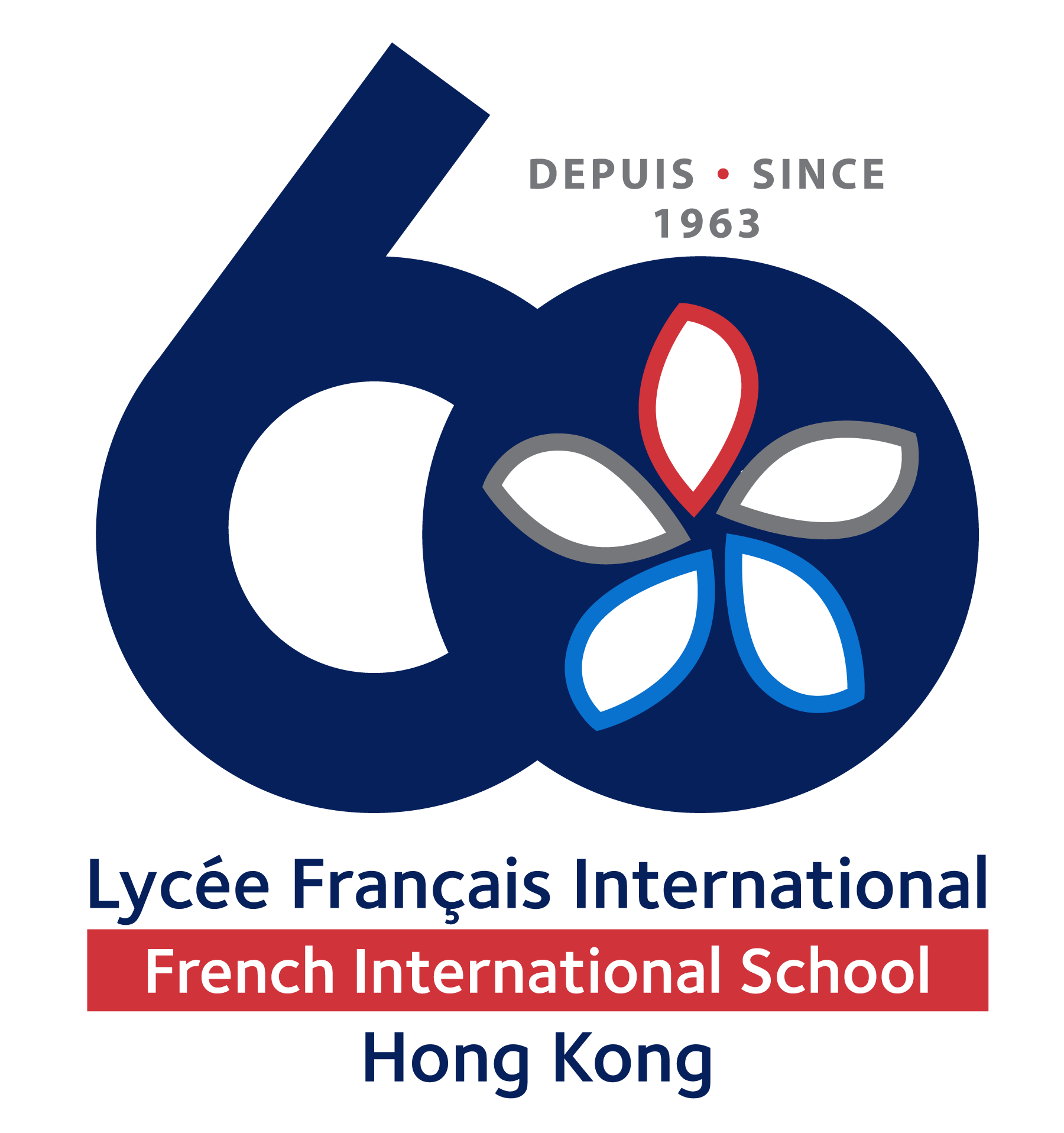Creativity
Last week I wrote about critical thinking and its importance. This week I want to address another attribute as identified by the OECD, that of creativity. Traditionally, across the world, there has always been a clear, but unhelpful hierarchy of subjects as delivered by most school systems, usually with maths, language and science at the top and the creative subjects at the bottom.
There are two ways of including creativity in the curriculum. There is the ‘forced’ creativity of the timetable. In other words, if a student has drama or music or art on their timetable, then we expect them to be creative at that time. Of course, there is no doubt that these subjects are crucial in developing our creative sides but creativity is not just limited to the creative subjects. We are trying to teach our students to be creative and think broadly and with purpose.
The second way is in line with the late Sir Ken Robinson’s definition of creativity. He said that creativity is ‘the process of having original ideas that have value.’ We can apply this definition in many subjects. Maths can be very creative, students can think about how and why to use certain mathematical approaches to solve problems. At the most advanced level, creative maths is very important in understanding a whole host of complex thoughts and ideas. Science can be very creative as students can postulate ideas and solutions. At the highest level, who can argue that the development of the Covid vaccine wasn’t the result of amazingly creative minds? When studying all school subjects you can apply Robinson’s definition aptly.
So then, what can parents do to encourage creativity? Of course there is the obvious related to supporting them to paint, play an instrument, dance or act. Also do not denigrate these undertakings as being of less worth than others. A word of warning, learning to play the violin or piano to a high standard is great, but be careful not to move that from enjoyment to endurance. Research shows that the biggest factor for giving up an instrument is that it lost its fun element.
However, don’t simply get out of the way and expect creative masterpieces, it doesn’t work like that! Parents can create situations for creativity to flourish, even Picasso needed guidance! You can do this by providing models, providing the resources and space, encouraging messing around and emphasizing the process not necessarily the product, getting involved, asking them to explain and reflect upon the process but, above all, make it fun. You can also ask them to do the paper clip test!
Finally, creativity is so important as AI makes a greater impact in the world. Computers can do amazing things, but the songs we sing, the stories we tell, the music we make, the objects we shape and the performances we share are not idle pastimes. They are amongst the most eloquent expressions of human intelligence, imagination and creativity. They beat at the heart of human life and give form and meaning to our deepest feelings and our highest thoughts.



